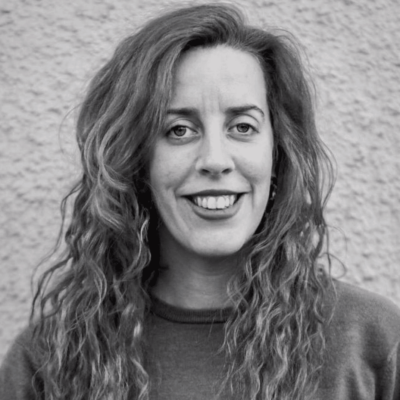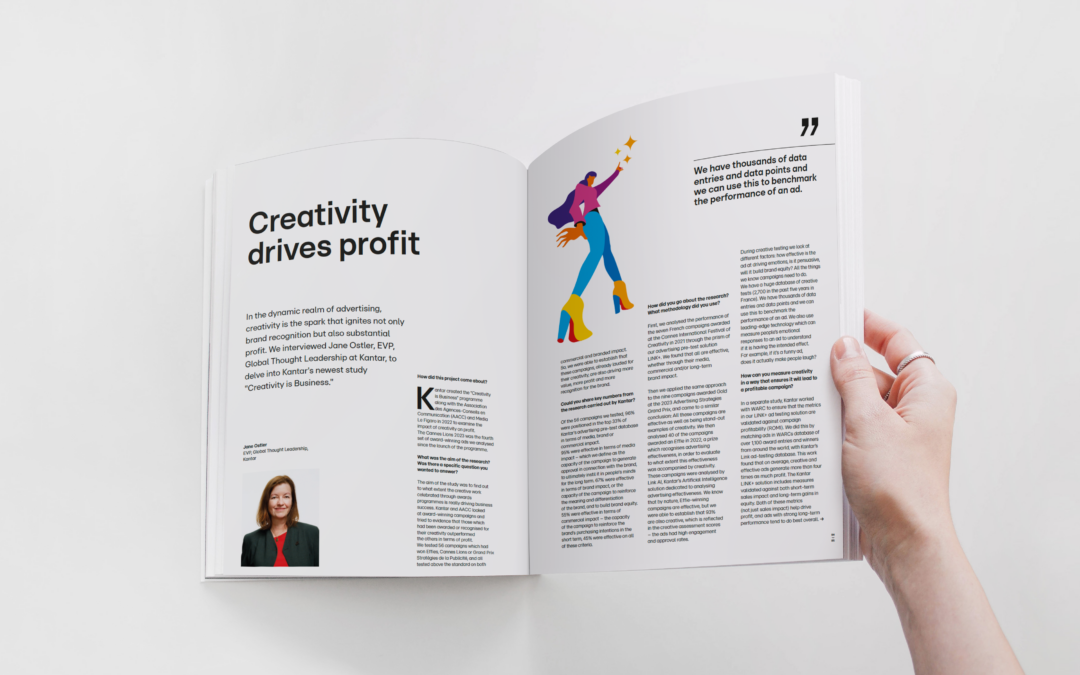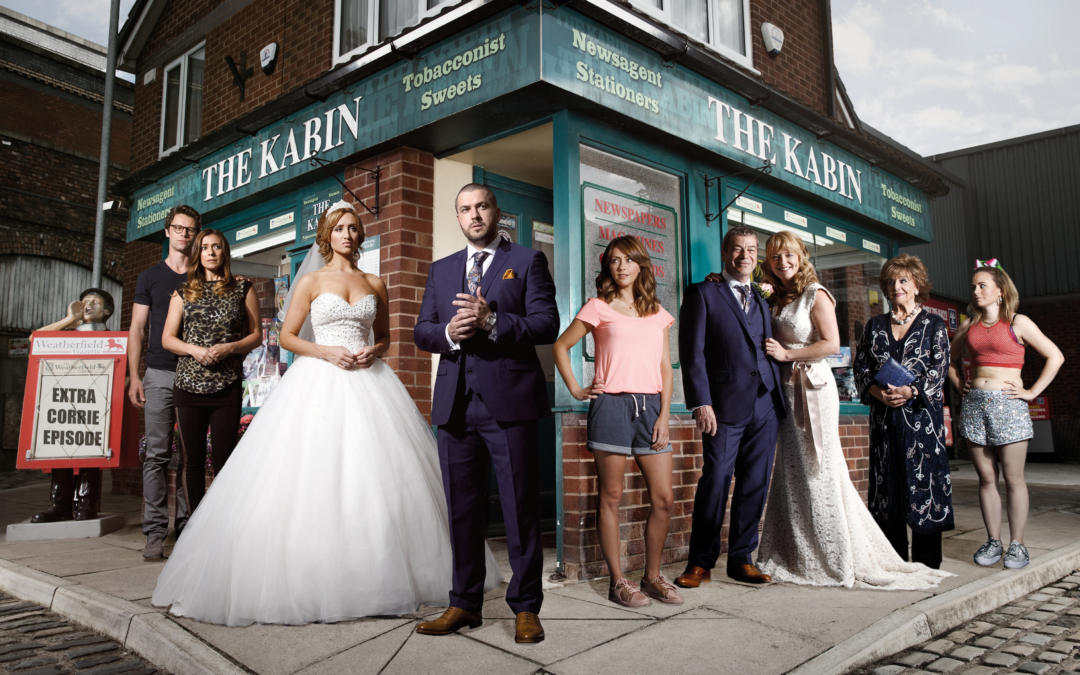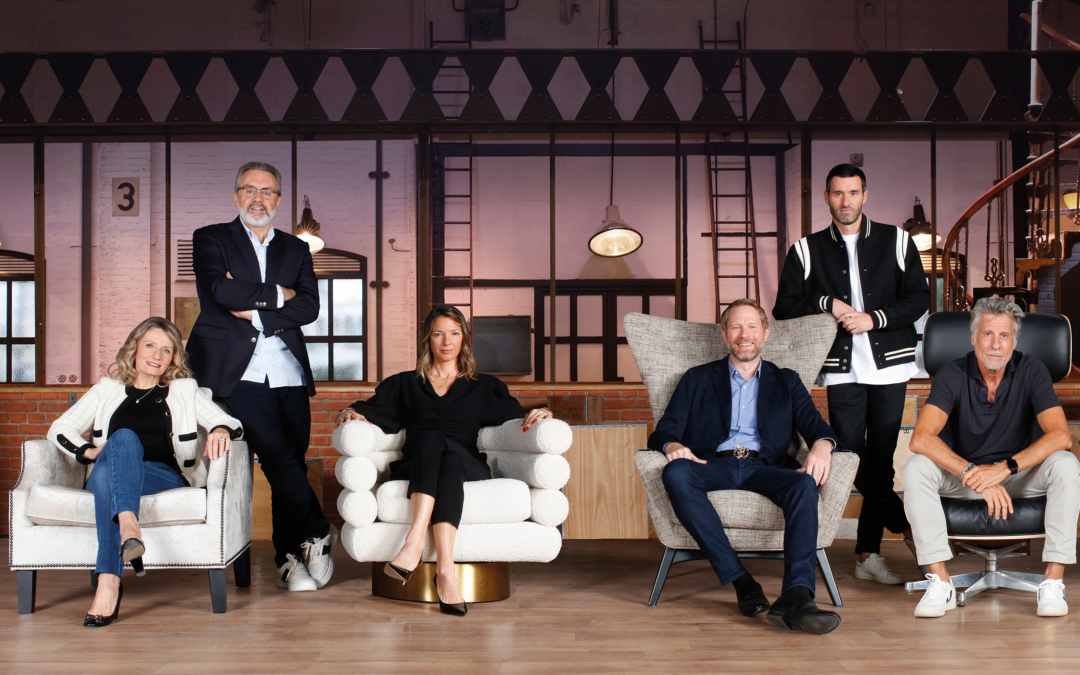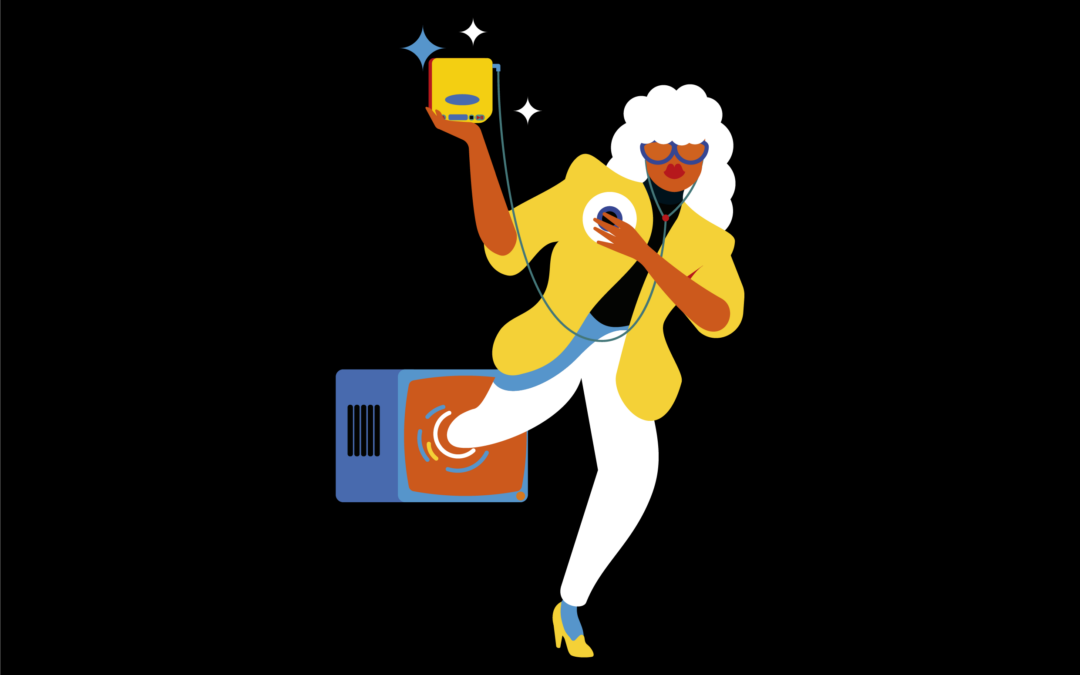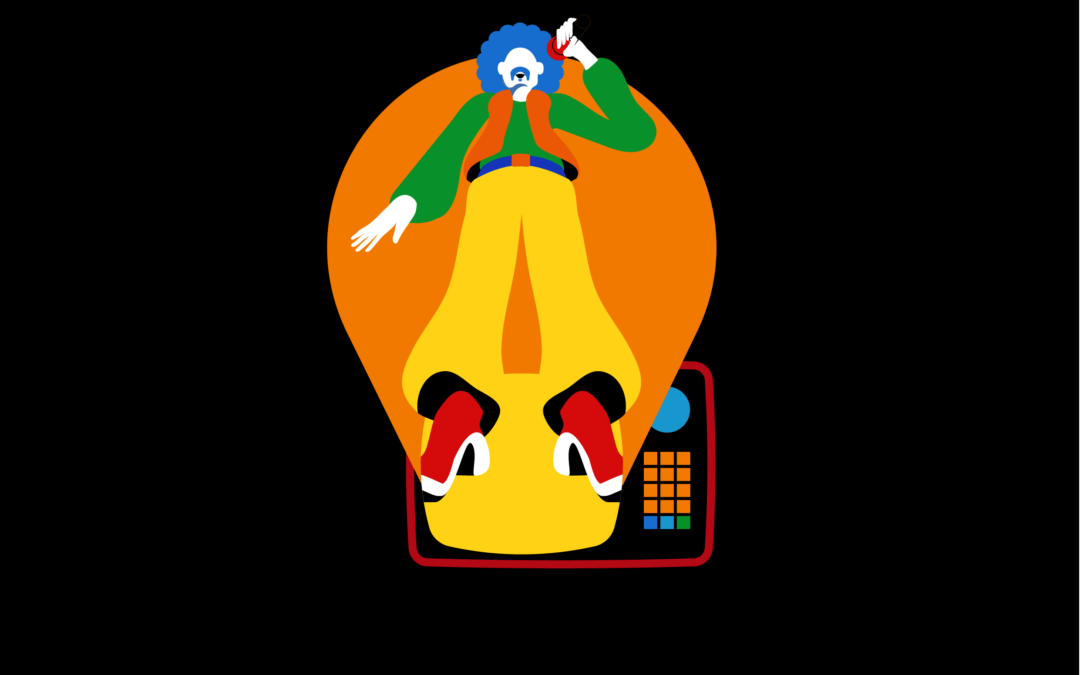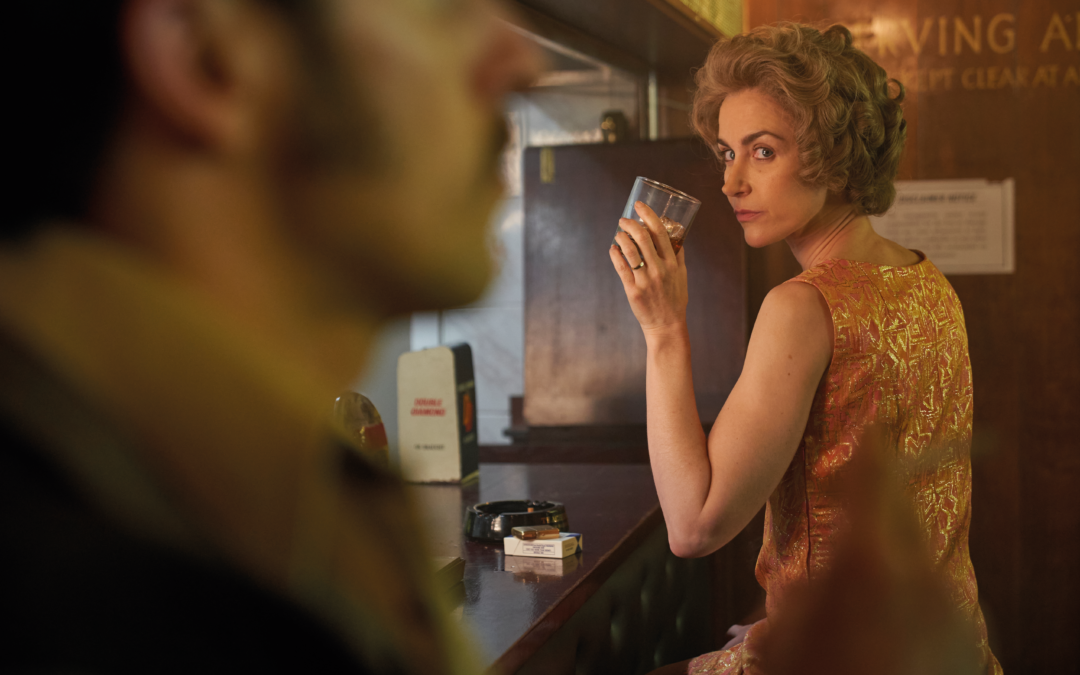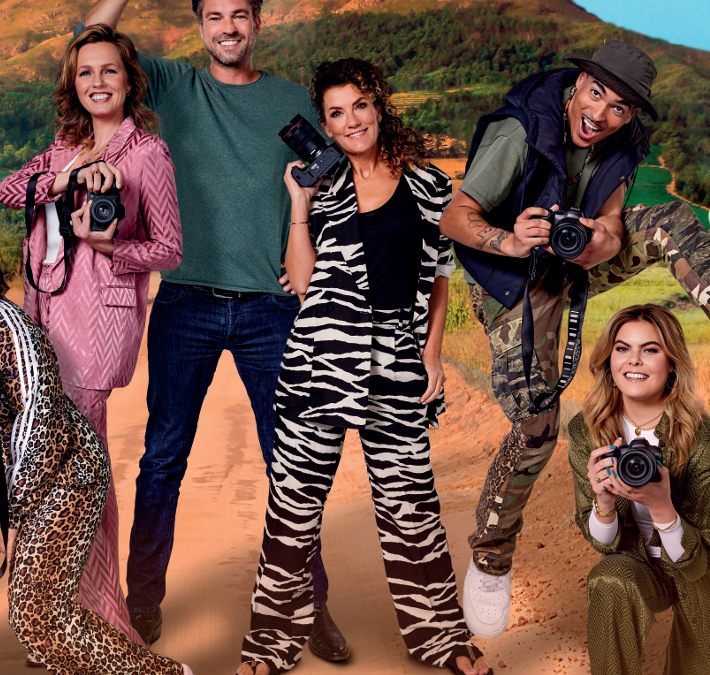Hannah Wickes, CMO at Ecosia, discusses the sustainability mission of a company that is fusing tech with tree-planting and how brands and consumers have the power to build a more sustainable world together.
Could you tell us more about Ecosia?
A tree-planting tech company, Ecosia brings together two completely different worlds. Founded about 11 years ago, it is now Europe’s largest search engine and has 15 million users across the globe. 100% of revenue goes directly into climate action, with 80% of this going to tree-planting.
What makes Ecosia an eco-friendly company?
Our main goal is to plant trees for ecological restoration, and we recently hit the milestone of planting 130 million trees. Our purpose will never change because we are a self-owned enterprise and will maintain our strong commitment to tree-planting and social responsibility. What makes us unique is that we have never used outside funding – our users are our investors. Furthermore, we are investing in renewable energy to replace the fossil fuels that dominate the grid. This, combined with the trees we plant, means we are already beyond a net carbon-zero company.
How do your services help consumers adopt a more sustainable lifestyle?
The number one action we enable our users to participate in is tree planting – roughly 45 web searches equal one tree planted. Additionally, we are a trying to inform users within their search experience and help them make better decisions when it comes to their online actions. A green leaf icon indicates the brands that have a positive climate focus, the social businesses, and B-corps whilst companies that are still heavily reliant on fossil fuels are highlighted with a fossil fuel icon.
Do you have any figures on your carbon emissions?
We want to be more than just a sustainable company and go further than just offsetting our carbon emissions and try to restore the balance. The recent regenerative report looks at how much green energy we are returning to the ecosystem and how much carbon we are sequestering. Obviously, this year, our company took zero flights, but tree-planting continued. Nonetheless, we are sequestering over 10,000 times the amount of carbon we use, and 300% of the energy we use is renewable.
Does brand awareness vary across the world?
Ecosia has searches coming in from 180 countries across the world, including Antarctica, and awareness differs greatly across them. Awareness is probably highest across Europe, with five million users in Germany and approximately four million in France, Italy, and the UK. Growth has exploded in the last couple of years as awareness of the climate crisis has grown. We saw a massive spike thanks to Greta Thunberg’s School Strike for Climate as people wanted to make a change. Ecosia allows people to return carbon to the environment in a passive way, which makes it really easy.
Is this growth on a global scale?
Growth is global, but there are regional specificities; Different topics resonate with different audiences. Paris is our biggest city in terms of growth – in France we have invested heavily in agro-forestry and agriculture and French people have connected with it. By contrast, in Germany, the conversation is centred on positive market economics and renewable energy, so we focus our investment on solar power there. In the UK, the focus is on commerce – buying zero-waste and plastic-free. Our users are our advocates – they are the ones leading the change in their families, universities, and workplaces. In particular, young people are engaged with our brand; the creative for our recent campaign ‘Weird Search Requests’ was conceived by German students as part of a university project.
How, and with which media do you communicate your added value?
As a brand fighting the climate crisis, we have to be transparent, communicating our failures as well as our successes. When planted trees are burnt down due to forest fires or when the tree counting stops as a result of Covid-19, we tell our consumers. We prefer to communicate visually so Instagram stories are particularly important as they allow access to our audiences. We also make mini-documentaries that are available on various platforms that dive deeper into our projects and the people involved in them. WhatsApp provides us with visual content from down on the ground. Twitter is becoming an increasingly important platform as a large part of the climate conversation is happening there. We saw this earlier this year, when users were imploring us to do something about the changes to the Common Agriculture Policy. Our users are a global community, unified through social media by their desire for positive change.
Why did you run your recent advert as a TV and outdoor campaign?
The focus for our ‘Weird Search Requests’ campaign was on increasing brand awareness and engagement. We have a supportive community, but we want to expand and grow brand recognition and usage. With the support of JCDecaux and Sky, who are on their own journey towards net-zero, and the input of our consumers for the visuals, our responsibility was to coordinate the project, ensuring its launch across European markets.
What is your reaction to greenwashing?
People should be ashamed of partaking in green-washing – we are on a downward trajectory when it comes to offering climate change solutions, so everyone in the media and advertising industry needs to reflect on whose interests they are furthering. A huge disservice has been done to consumers who have been made to focus on their own personal carbon footprint. However, even if consumers are trying their absolute hardest to live a greener lifestyle – eating less meat, flying less, using paper straws – if companies don’t change their actions, we are heading for disaster. It is no longer enough to not have a negative impact, passing off carbon offsets as a positive change. We need to offer multidimensional solutions.
What are the challenges facing Ecosia?
Our challenges are three-fold. First, we need to grow the company, with the support of our users. Secondly, we need to continue our tree-planting mission. Thirdly, we need to ensure stronger digital regulation – so users’ privacy is protected. We also need to protect smaller companies – just as you shouldn’t have a monoculture in forests, you shouldn’t have a monoculture in tech. /
